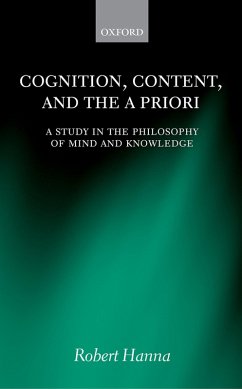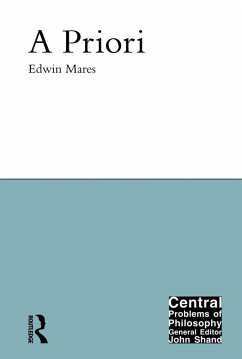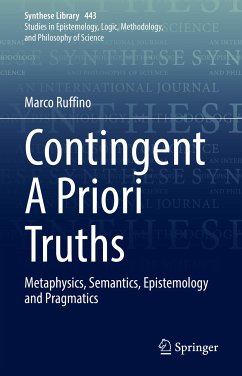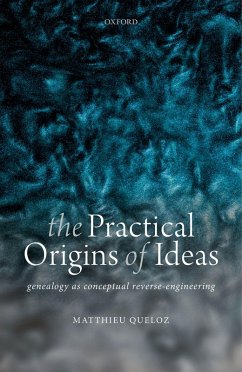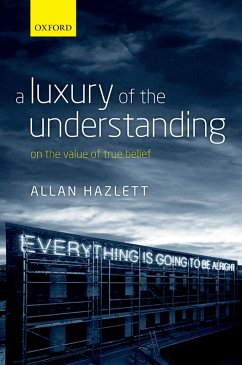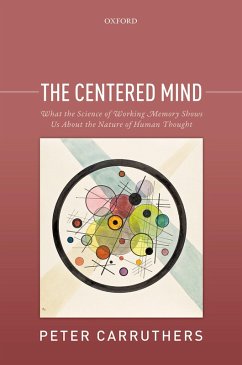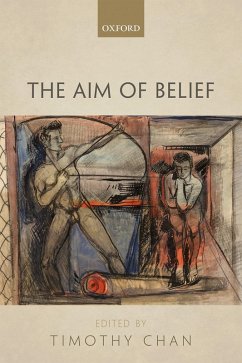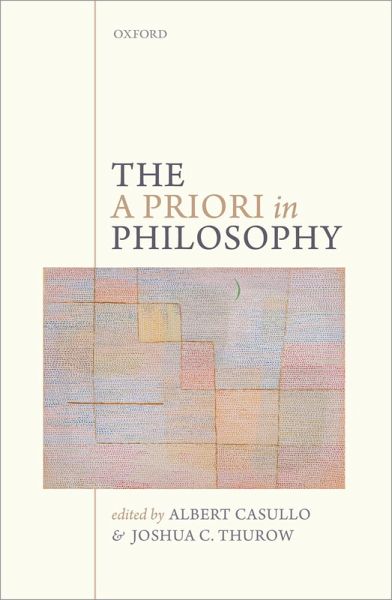
The A Priori in Philosophy (eBook, PDF)

PAYBACK Punkte
18 °P sammeln!
For much of the past two millennia philosophers have embraced a priori knowledge and have thought that the a priori plays an important role in philosophy itself. Philosophers from Plato to Descartes, Kant to Kripke, all endorse the a priori and engage in a priori reasoning in their philosophical discussions. Recent work in epistemology and experimental philosophy, however, has raised questions about both the existence of a priori knowledge and the centrality of the a priori for philosophy. This collection of essays aims to advance the discussion of the a priori and its role in philosophy by ad...
For much of the past two millennia philosophers have embraced a priori knowledge and have thought that the a priori plays an important role in philosophy itself. Philosophers from Plato to Descartes, Kant to Kripke, all endorse the a priori and engage in a priori reasoning in their philosophical discussions. Recent work in epistemology and experimental philosophy, however, has raised questions about both the existence of a priori knowledge and the centrality of the a priori for philosophy. This collection of essays aims to advance the discussion of the a priori and its role in philosophy by addressing four issues. The first is whether intuitions provide evidence for philosophical propositions, whether that evidence is a priori, and whether the results of experimental philosophy affect the evidential and a priori status of intuitions. The second is whether there are explanations of the a priori and what range of propositions can be justified and known a priori. The third is whether a priori justified beliefs are needed in order to avoid some skeptical worries. The fourth is whether certain recent challenges to the existence or significance of the a priori are successful. The contributors include a mix of young and established philosophers, including some of the most prominent voices in philosophy today.
Dieser Download kann aus rechtlichen Gründen nur mit Rechnungsadresse in A, B, BG, CY, CZ, D, DK, EW, E, FIN, F, GR, HR, H, IRL, I, LT, L, LR, M, NL, PL, P, R, S, SLO, SK ausgeliefert werden.




